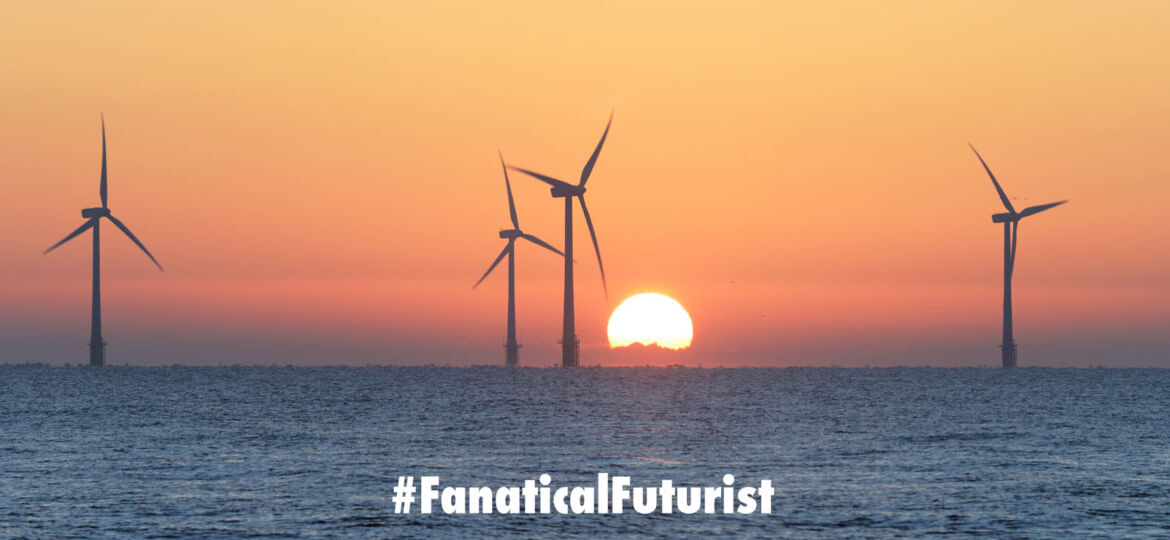
WHY THIS MATTERS IN BRIEF
The world is at the beginning of a massive energy transition, and Musk wants his companies to play a central role.
 Love the Exponential Future? Join our XPotential Community, future proof yourself with courses from XPotential University, read about exponential tech and trends, connect, watch a keynote, or browse my blog.
Love the Exponential Future? Join our XPotential Community, future proof yourself with courses from XPotential University, read about exponential tech and trends, connect, watch a keynote, or browse my blog.
Say this for Elon Musk: When it comes to setting goals, he doesn’t short change himself. Tesla unveiled their so-called “Master Plan 3” recently, with Musk, the electric vehicle maker’s high-profile CEO, playing the starring role at the company’s first-ever annual investor day.
For his part, Musk did nothing to disappoint those expecting bold pronouncements because the goal of the new master plan is nothing less than worldwide energy sustainability.
“There is a clear path to a fully sustainable Earth – with abundance,” Musk proclaimed in his opening remarks. “I’m just often shocked and surprised by how few people realize this.”
Achieving Musk’s goal won’t come cheap: Tesla estimates the investment to accomplish it will total $10 Trillion, which is ironically way below Bloomberg NEF’s estimate of $92 Trillion – 70% of which consists of a global shift to electric vehicles.
It’s not the first time Musk has swung for the fences. The event at the company’s Gigafactory Texas plant near Austin marked Musk’s unveiling of Master Plan 3 for the company, the latest iteration of a vision that extends his first Master Plan in 2006.
That plan, which included creating a low-volume, expensive electric vehicle whose sales would pave the way for affordable, high-volume cars down the road, hasn’t exactly worked out as Musk foresaw. However, it eventually did lead to the production of the Model 3, a high volume seller even at relatively steep price of about $40,000.
Musk’s Master Plan 2 – some call it Part Deux – in 2016 targeted the creation of solar panel roofs and integrated battery storage, development of self-driving capability 10 times safer than manual driving and expansion of its production line across all key customer segments.
Much of the plan hasn’t reached fruition, and the company two weeks ago recalled 362,000 vehicles because of fears that its experimental driver-assistance software, called Full Self-Driving Beta, may cause accidents.
His vision for Tesla is to deliver 20 million cars annually by 2030, and since inception Tesla has produced 4 million vehicles and currently has capacity to manufacture 1.9 million cars per year as it ramps production capacity.
Nonetheless, Tesla’s forging ahead with an audacious plan that, if achieved, would completely transform the way world procures and uses energy – much the way Musk’s Space X venture aims to revolutionize space travel – and the plan has five overarching elements.
Namely re-powering the world’s existing power grid with renewable energy, switching to electric vehicles, switching to heat pumps for home, business, and industry climate control, electrifying high temperature heat delivery and development of green hydrogen for industrial processes, and finally fuelling ships and airplanes with sustainable energy.
Despite the projected cost Musk and Tesla officials said the global transition they envision ultimately will cost 40% less than persistent reliance on fossil fuels – notably a cost that doesn’t include the additional cost of building resilient climate-proof infrastructure and re-homing up to a billion people whose countries have flooded as sea levels rise if we don’t find ways to tame climate change …
















